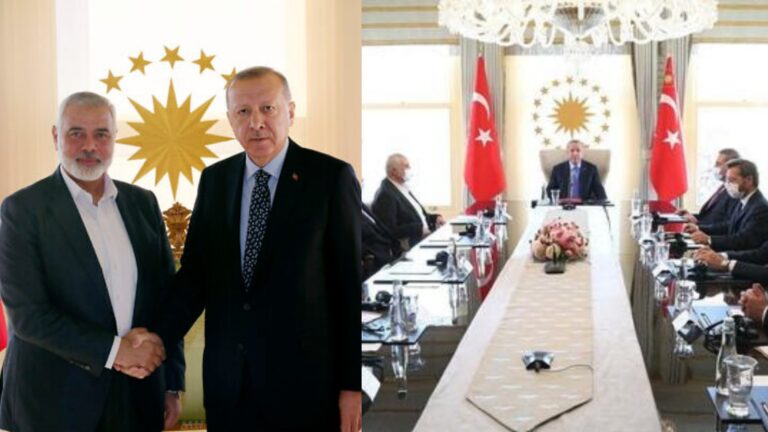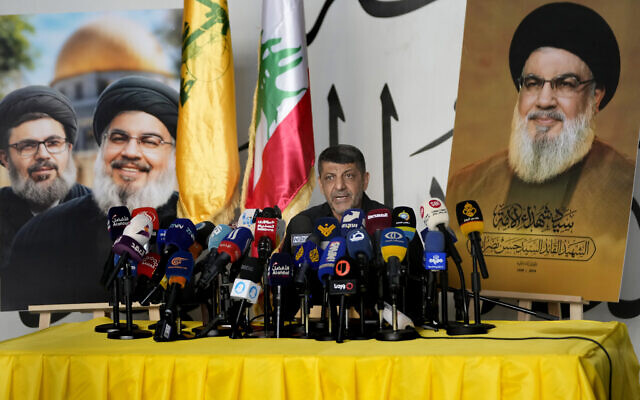 Donald Trump’s relentless assault on the rules that govern how Republicans choose their nominee is coming far too late to change what even what defenders acknowledge is a complicated selection system.
Donald Trump’s relentless assault on the rules that govern how Republicans choose their nominee is coming far too late to change what even what defenders acknowledge is a complicated selection system.
He seems to know it, too.
Instead, his railing against a “rigged” process appears aimed at amplifying his central message to an angry electorate: America is a mess, and only Trump can clean it up.
“Politicians furiously defended the system,” Trump wrote Friday in The Wall Street Journal. He equated the party’s nomination procedures with the “unfair trade, immigration and economic policies that have also been rigged against Americans.”
He added, “Let me ask America a question: How has the ‘system’ been working out for you and your family?”
Underlying the constant criticism, Trump’s goal is to rally supporters and pile up primary season victories that would bring him the 1,237 delegates needed to win the nomination outright before the summer convention. But it’s a tactic that Republicans say carries real risks for the billionaire businessman.
Should Trump fall short of that clinching number going into the Cleveland convention in July, they said, his rantings against the party are likely to annoy the delegates who would then decide the nominee.
“He is trying to pit voters against the very people who make the decision of whether he gets the nomination,” said Matt Borges, chairman of the Republican Party in Ohio. “If he does not arrive in Cleveland with 1,237 pledged delegates, then there is no way he gets the nomination.”
Trump’s tirades have aired the backroom tension with the party. But GOP officials are pushing against the front-runner accusations of unfairness.
Republican National Committee Chairman Reince Preibus took to Trump’s favorite medium, Twitter, to to make the point that the nomination process has been known to all for more than a year.
“It’s the responsibility of the campaigns to understand it,” Priebus wrote. “Complaints now? Give us all a break.”
Priebus told NBC’s “Meet the Press” on Sunday that he will not allow Trump to bully him, and noted that a majority — not a plurality — rules in most aspects of governance. “The rules are set. … I’m not going to allow anyone to rewrite rules for the party.”
On Friday, the party’s chief strategist, Sean Spicer, laid out the rules for elected delegates in each of the remaining states that will hold primary contests.
Spicer noted those rules were shared with all the campaigns last year, adding that “each process is easy to understand for those willing to learn it.”
At the same time, however, party insiders who make the rules appear keenly aware of the emotions that Trump is stirring.
At a rally this past week in New York, Trump said RNC members “should be ashamed of themselves for allowing this crap.”
Several of those involved in the rule-making process told The Associated Press that they believe there’s a consensus inside the party against considering changes before the convention.
“We want to avoid even the appearance that somehow, the RNC is trying to meddle or manipulate the convention process,” said Florida GOP committeeman Peter Feaman.
That isn’t likely to do much to placate Trump. He says the process should favor the candidate who wins the most votes during the primary campaign.
Trump has received about 8.2 million votes to date, about 2 million more than his closest competitor, Texas Sen. Ted Cruz. “I think the vote is the thing that you count,” Trump said.
Cruz is outmaneuvering Trump in lining up support among the individuals who will attend the Cleveland convention as delegates. That’s a separate process, in which party activists seek the positions primarily through local, district and state party conventions.
If Trump can’t clinch by the time the last group of primaries on June 7, then those delegates will largely be free after the first ballot at the convention to vote for the candidate of their choice.
“To be fair, it’s complicated for everyone,” said Ron Kaufman, a longtime member of the RNC’s standing rules committee. “And I understand why someone who’s never done it before, and hasn’t taken time to learn it, gets frustrated.”
But that frustration isn’t winning Trump any friends among the party officials who will have sway at a multi-ballot convention.
Several noted the irony of Trump’s focus on the fairness of the rules. Some states allowed him to win all of their pledged delegates even when he captured less than a majority of the vote.
Morton Blackwell, an RNC rules committee member from Virginia, said Trump is guilty of “selective moral indignation.”
Henry Barbour, also rules committee member, put it more simply: Trump’s attack on the party and the delegate selection process is bad politics.
“If you want to ask a girl to the prom, you don’t tell her how ugly she is the week before,” Barbour said.
(AP)











2 Responses
If Donald Trump can’t seem to understand the rules that the GOP set in place last August then how will he master the complex World Trade Organization agreements?
I too am upset at the politicians who raise taxes, increase the national debt to dangerous levels, pass job-killing legislation and abandon the middle-class. That is why I pledged never to support Donald Trump. He is the only one in the race that supported Barack Obama in 2008, donated to Harry Reid to retain the Senate and contributed to Nancy Pelosi to shove Obamacare down our throats. Donal Trump served as the liberal attack dog against Paul Ryan’s Path to Prosperity which would have eliminated our national debt and reintroduced fiscal sanity, he declared that Mitt Romney has no heart because his immigration policy did not allow for freebies for illegals, and he attacked Ronald Reagan’s (whom he called a con man) tax cuts.
Why would you support a man who endorsed Bill deBlasio for Mayor?
Why would you consider a candidate who wouldn’t denounce BDS and pledges to remain ‘neutral’ between Israel and Hamas?
Why would anyone consider voting for someone who is angry at Netanyahu and will not state his position on the settlements?
Why would anyone vote for someone who has no clue about anything?
If our community votes for Donald Trump then we will show the world that candidates do not have to deliver to our community, and that we follow the hyperbole. However, a majority vote for Ted Cruz will illustrate that we support those who care for us and our values.
The biggest problem with big Donald’s argument is that if you want to make a change to the system, it’s going to have to be done by taking it over using the rules that are already in place. If you just sit there ranting and raving about it, you sound like a child that didn’t get exactly what they wanted.
There are two other issues with his argument. The first is that Donald only complains about the process and rules after the fact when the outcome doesn’t favor him. If him and his campaign were really sincere about the disenfranchised voters, they would have been complaining about it before these election processes ever began. There has been a consistent pattern of complaining after the results that come off as being disingenuous. The second issue is that this so called corrupt system which is supposedly rigged against Mr Trump, has awarded him 45% of the delegates to date despite the fact that he’s only received 36% of the total votes. You don’t hear him complaining about that aspect of the process.
The answer is plain and simple. Donald Trump thinks so highly of himself and his candidacy, that he never made the effort to build an infrastructure to win delegates at conventions. To him, these delegates should naturally support him because he is popular, even though he doesn’t have people on the ground vouching on his behalf. Therein lies one of the many problems with Donald Trump and his candidacy. If you cannot master a presidential campaign and it’s inner rules to win under all circumstances, then how do you expect to be able to deal with the world’s biggest dictators and disruprers?